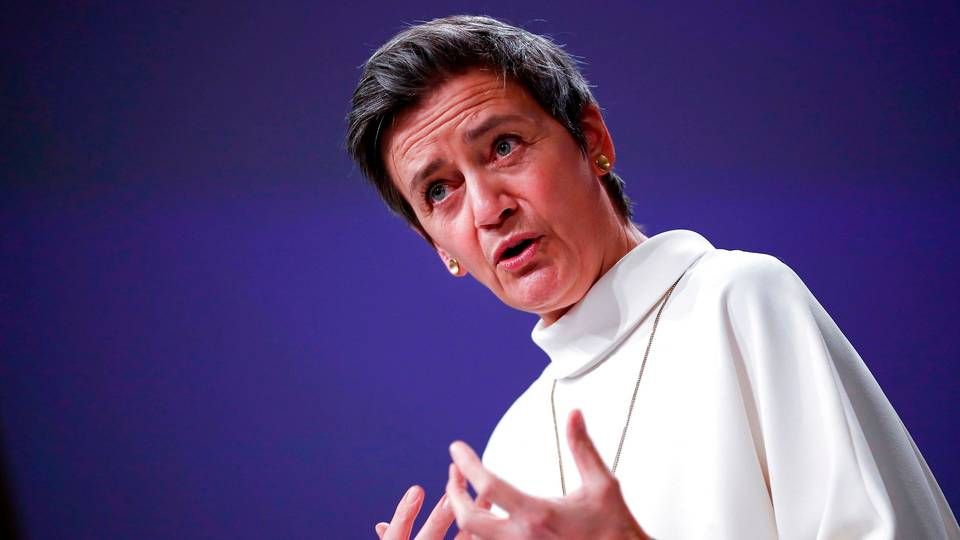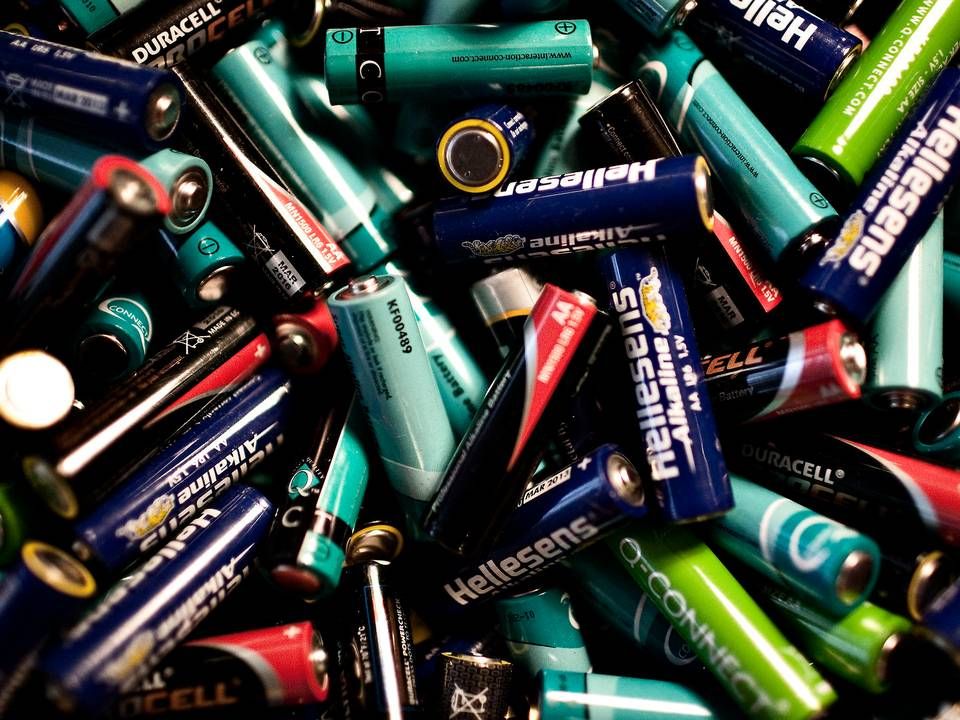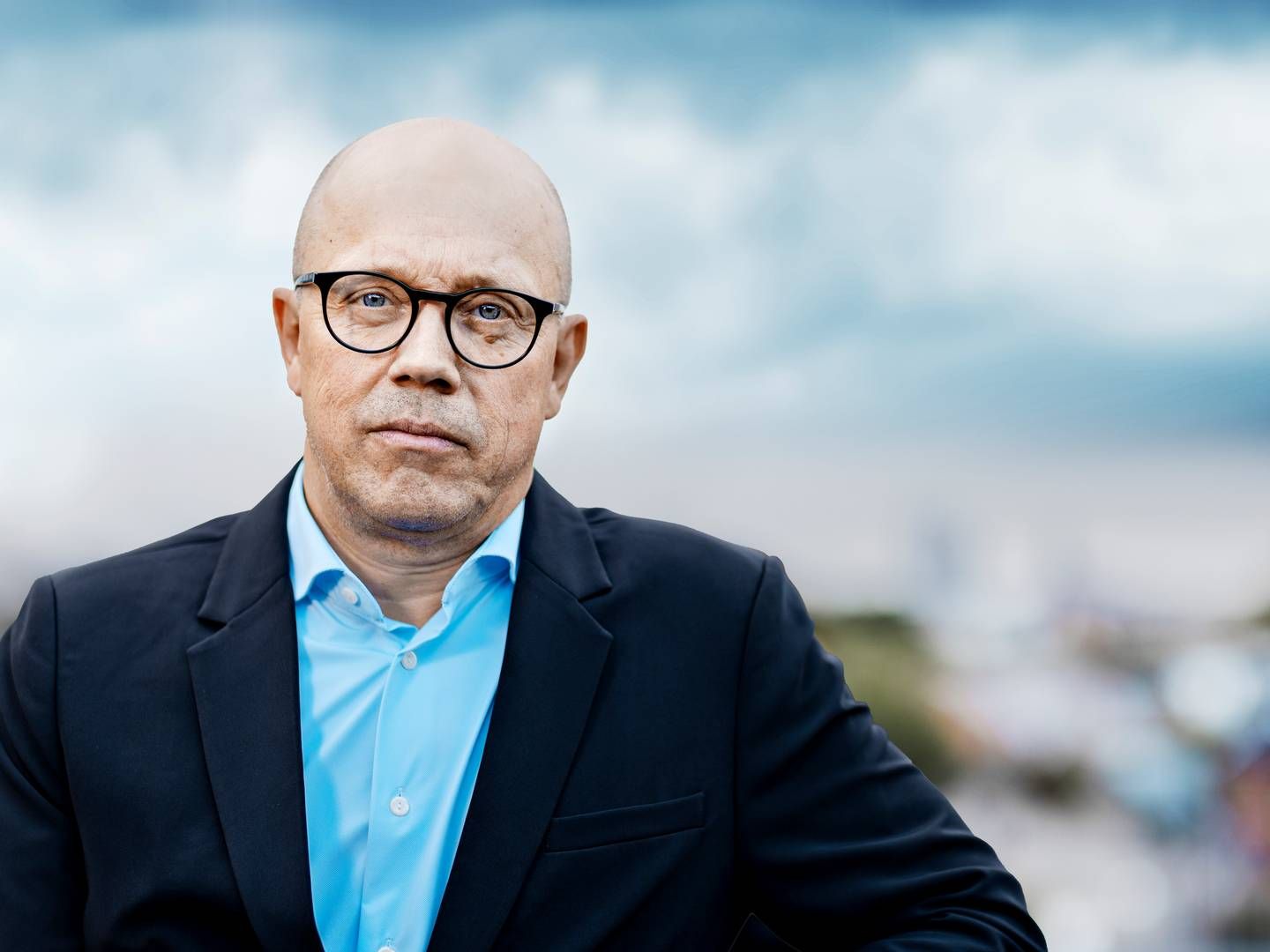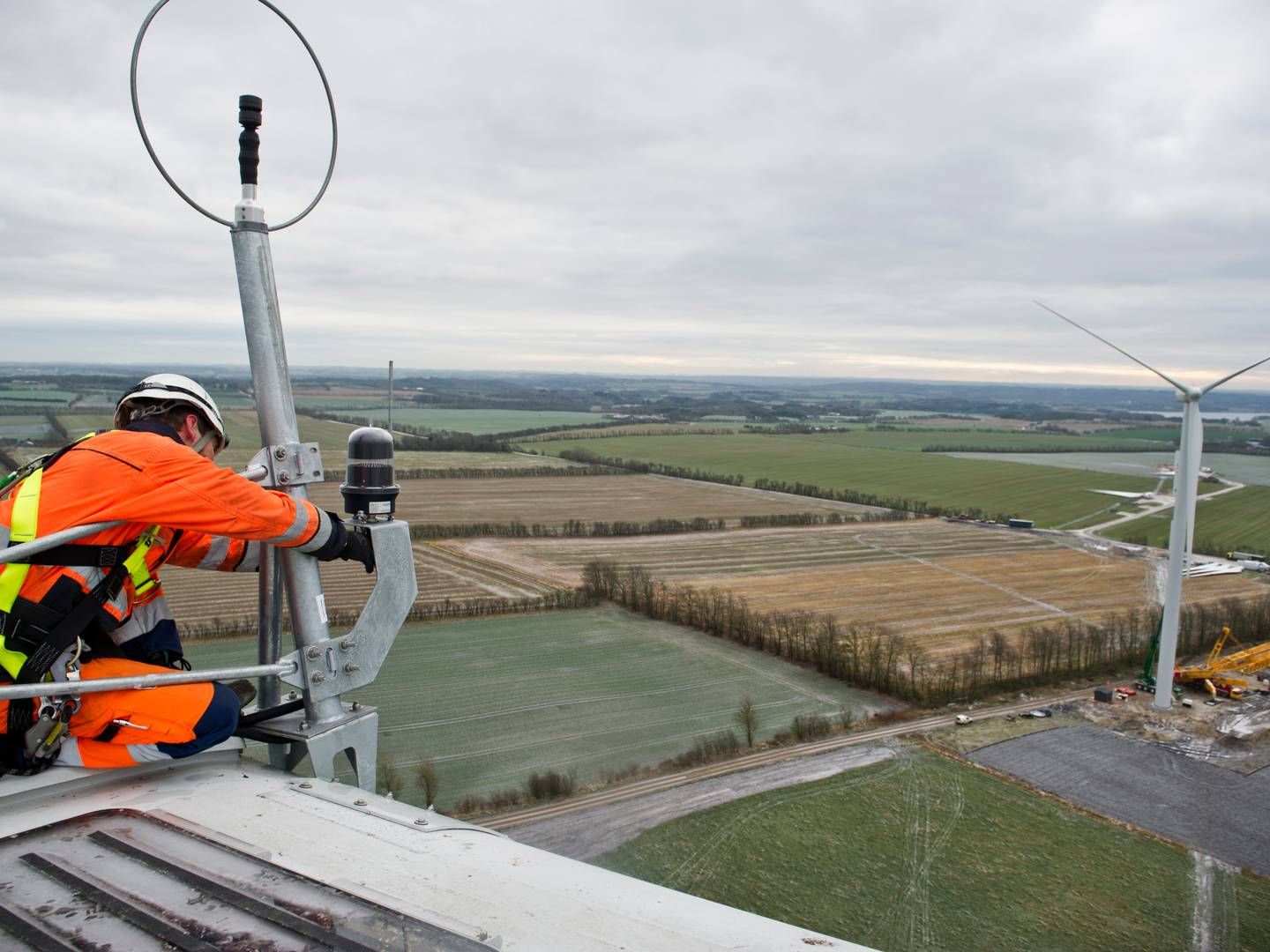Billion-euro support green-lit for new European battery project

BRUSSELS
12 EU nations have together been allowed to invest EUR 2.9 billion in research and innovation pertaining to batteries and their value chain, from initial production to recycling and ultimately scrapping.
Permission was granted on Tuesday by the EU Commission, which has decreed that the subsidies will not clash with the union's antitrust regulations.
The countries behind the project, dubbed European Battery Innovation, are Austria, Belgium, Croatia, Finland, France, Germany, Greece, Italy, Poland, Slovakia, Spain and Sweden.
The EUR 2.9 billion invested in the project are expected to generate another EUR 9 billion in additional private investments.
Market revolution
The project is a spin-off of the European battery alliance launched by the Commission back in 2017 with the goal of making Europe the global leader within sustainable production and use of batteries.
The idea is, with the increasing significance of batteries within transport and energy in particular, it's becoming more and more important to have a secure, circular, tenable value chain in the field.
"Thanks to its focus on a next generation of batteries, this strong pan-European project will help revolutionize the battery market. It will also boost our strategic autonomy in a sector vital for Europe's green transition and long-term resilience. Some three years ago, the EU battery industry was hardly on the map. Today, Europe is a global battery hotspot. And by 2025, our actions under the European Battery Alliance will result in an industry robust to power at least six million electric cars each year," says Commission Vice-President Maroš Šefčovič in a press release presenting the project.
46 projects are planned within European Battery Innovation, which counts more than 300 collaboration partners, and which is hoped to produce over 18,000 new jobs.
Not competition-skewing
Executive Vice-President and Competition Commissioner Margrethe Vestager led the project's presentation during a press conference. She hopes the project will lead to "breakthrough innovation" in the value chain.
"For those massive innovation challenges for the European economy, the risks can be too big for just one Member State or one company to take alone. So, it makes fine sense for European governments to come together to support industry in developing more innovative and sustainable batteries," Vestager said.
She underscored that it is within the boundaries of the EU's competition policy to provide these subsidies for public and private collaborations in the project, where large companies such as BMW, Fiat and Tesla are among the 42 participating businesses.
But support for the companies is limited to necessities, meaning the firms will get no more money than they will need for the projects.
"Today's project is an example of how competition policy works hand in hand with innovation and competitiveness. By enabling breakthrough innovation while ensuring that limited public resources are used to crowd in private investment and that competition distortions are minimized," said the commissioner.
Addresses several goals
European Battery Innovation also pertains to the EU's goal and recent mantra that Europe must be "strategically autonomous", that is able to stand on its own in important areas, reducing its dependency upon others.
In terms of batteries, this means Asian and American manufacturers in particular.
At the same time, the initiative will help meet the goal for carbon emissions from transport to be cut by 90 percent in 2050, which again is part of the European Green Deal's ambition for the union to be climate-neutral by that year.
English Edit: Jonas Sahl Jørgensen
EU proposes policy for recycling used batteries
Related articles
EU proposes policy for recycling used batteries
For subscribers
New European hydrogen coalition launches
For subscribers
EIB to fund climate projects with EUR 1trn
For subscribers

























.jpg&w=384&q=75)